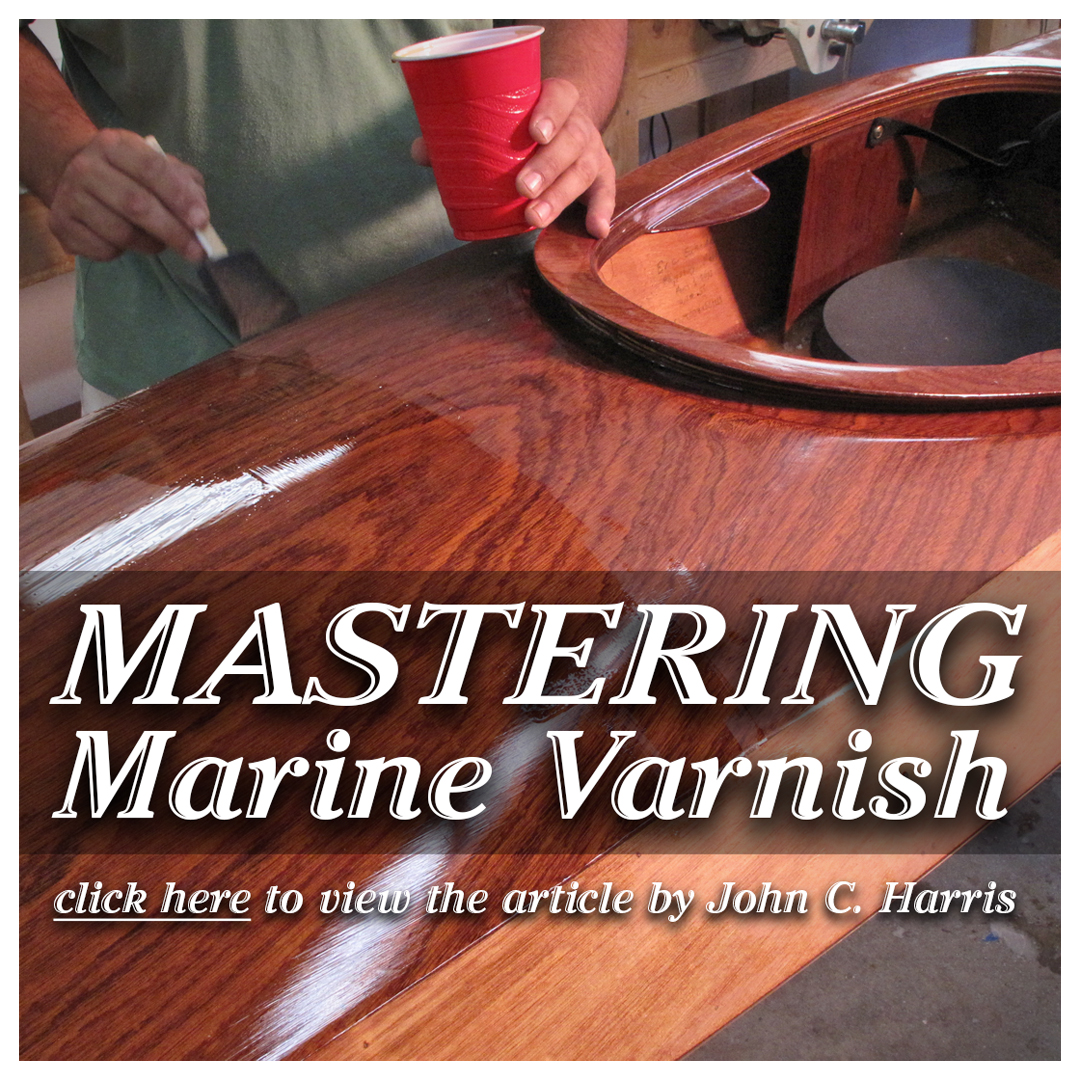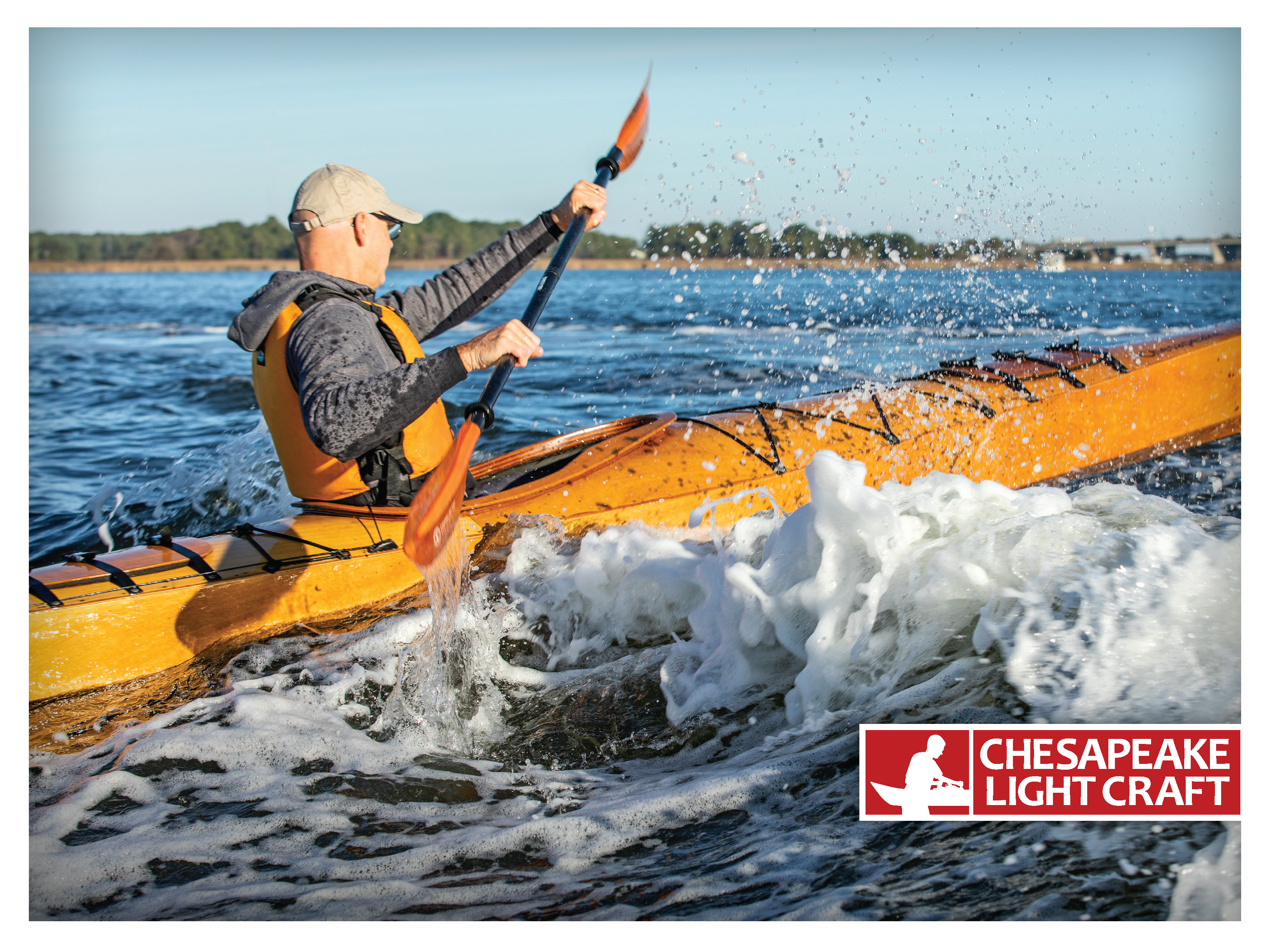Builders' Forum Archives |
Re: VHF 16 to 22a
Posted by John Pollard on Jun 4, 2007
Tom,
You are wise to invest in the radio, but it would be worth your while to review VHF protocols. They are available in the curriculum for many of the boating safety coarses offered by the Coast Guard Auxiliary, Power Squadrons, and state boating agencies.
You could also listen in to Channel 16 whenever you're near navigable waterways. Unfortunately much of what you hear on the airwaves is in poor form, so it's not always instructive. CB-talk (e.g. "breaker-breaker", "come-back", "over and out", etc) is not appropriate terminology for the marine VHF band and can lead to confusion.
Except in dire circumstances, after establishing contact on 16, the Coast Guard will always request that you switch to an alternate channel (usually 22a). This is to keep the emergency hailing channel (16) clear for other emergency calls. If for some reason you cannot switch to the alternate channel, you should immediately advise the CG. If you are on the water and you hear an exchange between a boater in distress and the CG, you should also switch to 22a to learn more and see if you might be in a position to render aid.
The most important thing to remember is that marine VHF is for essential communications. It's not intended for chit-chatting like CB, although some days you might think otherwise.
In Response to: Re: VHF 16 to 22a by Tom Irvine on Jun 4, 2007
Replies:
- Re: VHF 16 to 22a by Tom Irvine on Jun 4, 2007
- Here's a link to channels by Charlie Jones on Jun 4, 2007
- Re: Here's a link to chan by John Pollard on Jun 5, 2007












